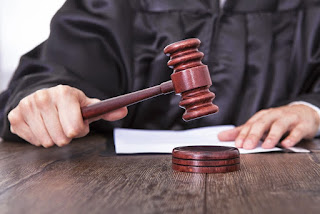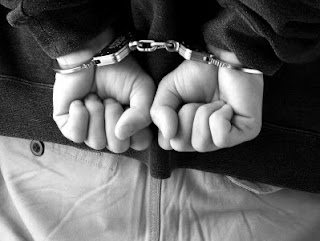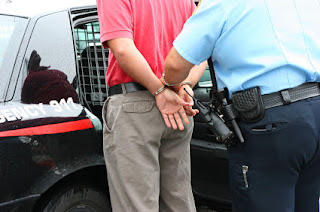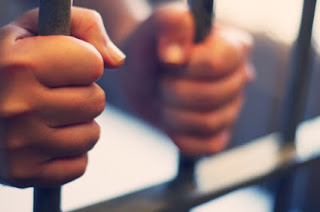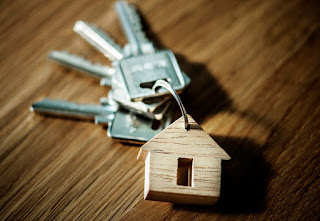When someone is charged with a crime, a good criminal defense attorney can make all the difference. Criminal charges should be taken seriously, as a criminal record can come with hefty penalties and life-long consequences. From negotiating plea deals to developing defense strategies, the right attorney should have the knowledge, skills, and experience needed to guide clients through the legal system. What some defendants don't realize, though, is that having legal counsel during an arraignment is just as important as during a trial.
What to Look for in a Lawyer for a Pre-trial Hearing
If someone has been accused of a crime, then the next step will be the arraignment and bond hearing. This is where a judge decides whether or not to set bail. If the defendant is not well versed in legal terms and the criminal process, then there's the chance that he or she may improperly answer the judge's questions. Defense attorneys can attempt to reduce the amount of bail set by the judge. With so much at stake, it’s important to put some effort into this search right from the start.
Only in severe instances are pre-trial detentions used. Bond can be denied to those who have skipped bail before, have a previous record of violent crimes, or were detained/arrested with a large quantity of drugs on person. After weighing the possible danger of the defendant to the community and considering previously mentioned factors, an appropriate monetary bail amount is determined. At that point, defense attorneys can help connect those accused of a crime with a reputable bail bonds company that can answer any
questions about posting bail, such as whether to pay with cash, through a surety bond, or with collateral.
Other Steps to Take Before an Arraignment
Read Reviews and Testimonials: Referrals from friends or family are helpful when searching for a lawyer, and online research is a great alternative for those not wishing to publicize their case among people close to them. Many attorneys post testimonials from satisfied clients on their websites. Yelp is a good place to find helpful reviews from happy and unhappy clients alike.
Check Attorney Ratings: Client testimonials are helpful, but they may be based on the outcome of the case, not their lawyer’s expertise or quality of work. Avvo (www.avvo.com) and Martindale Hubbell (www.martindalehubbell.com) rate attorneys based on their case history, years of experience, achievements, industry recognition, and other factors. These websites can help those charged with a crime find a lawyer with the knowledge and skill set they need.
Maintain Communication: With so much on the line, there’s no room for a breakdown in communication. Anyone facing criminal charges will turn to their lawyer with many questions, with the expectation that the lawyer will respond quickly. An unresponsive attorney—or one who gives dishonest or wishy-washy answers—isn’t setting the client up for success. Attorneys dedicated to their clients will make it a priority to provide honest answers and regular updates.
Hiring a Quality Attorney Goes Hand in Hand With Finding a Reputable Bail Bonds Company
A Wesley Chapel Bail Bonds LLC provides
bail bonds services, and we’ve seen the difference a good lawyer can make. The best lawyers have proven track records, good ratings, and a dedication to their clients. Finding the right attorney could mean the difference between jail time and community service, so we encourage you to do your research.
If you ever find yourself in trouble with the law, we’ll do our part to help you secure your freedom.
Contact A Wesley Chapel Bail Bonds LLC today at 813-973-4444. Our
bail bondsmen are available 24/7!
